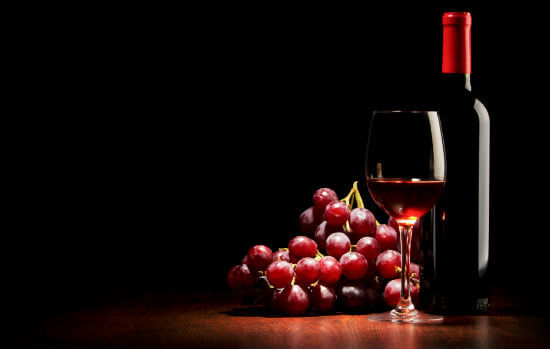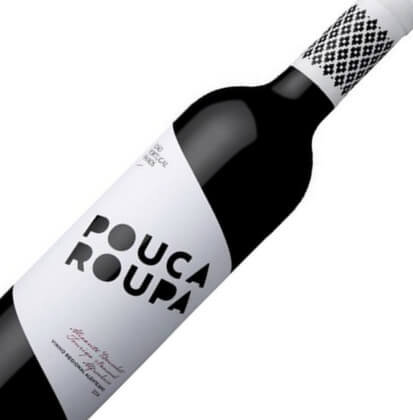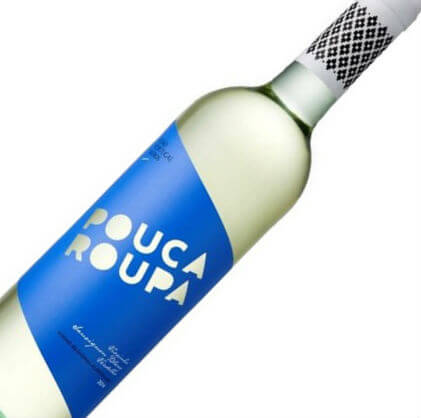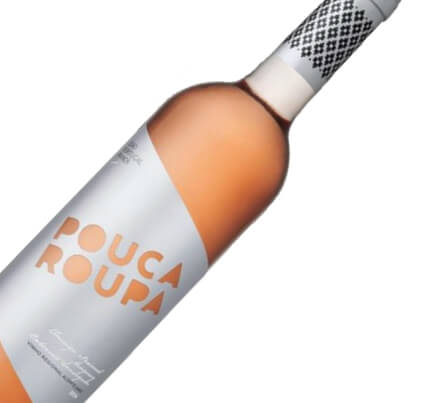Herdade de Rio Frio White 2013 and Herdade de Rio Frio Red 2013
Text João Barbosa | Translation Jani Dunne
I am a nostalgic person. Otherwise, I would never have studied History. There is no future without a present, nor is there a present without a past. Time does not turn back, but we can take useful insight from what has been.
Lisbon – the capital and, therefore, the city with the most consumerism in the country – is very close to river Tejo, but this was not the only trait to dictate the abundance in wine on the left bank of that river. If a vineyard conquers almost 10,000 acres, it certainly isn’t an accident. Any fan of history must have a look online for a good read.
Herdade de Rio Frio – perhaps one of Portugal’s biggest rural territories (possibly once larger), with 13,000 acres – had the biggest vineyard in the world. Nowadays, it has 445 acres of new vineyards.
Business has changed in the last few decades. The world has changed. In the old days, quantity was the company’s highest priority. Nowadays, they invest more in the premium segment and in exporting. Oenology is in Mário Andrade’s hands.
We begun with a white and a red, both classified under Regionais Península de Setúbal (Regional of the Setúbal Peninsula) harvested in 2013. Later, we tried other nectars protected by the Denominação de Origem Controlada (Designation of Origin) from Palmela and, fortunately, Moscatel from Setúbal and Purple Moscatel from Setúbal.
Tasting these two wines gave me different impressions. Not in quality, but because of the totalitarian subjective monster that comes over me when I set out to write my opinion. This has to do with white wine – I will explain in a moment.
Herdade de Rio Frio red 2013 is enjoyable for those who like a wine that’s hot in character – am I making sense? – but leaves a fresh taste in the mouth. The wines in this plot of land are well known, although one a new kind is beginning to crop up in different regions to the Douro region: touriga franca.

Herdade de Rio Frio red 2013 in www.rio-frio.eu
If you ask me, touriga franca is the best of Portuguese species of red grapes, explaining the Douro “phenomenon”. It isn’t a solo species, it’s “the team” that makes the game, drives the players, gets the ball back in the field, travels back to defend and counter attacks. It makes up 30% of this wine. Syrah has produced many good tastings in Alentejo and the area surrounding Herdade de Rio Frio is hot, it represents another 30%. Merlot has surprised me with a brilliant 40%.

Herdade de Rio Frio white 2013 in www.rio-frio.eu
But Herdade de Rio Frio white 2013 suffers from a “pathogenic element” called antão vaz. When the species is so popular and its wines are complimented on so much, it may be my vision blurring, but here I am expressing my thoughts.
Oenologists have come to realise that anything “abominable” will be improved by adding some arinto – to me, the best Portuguese white grapes – keeping “it” lively and polite. This wine was made with antao vaz (30%), arinto (30%), fernão pires (20%) and verdelho (20%) – a team of hot and cool. Balanced wine.
I have a friend who swears that the best Vodka-Vermouth is made as follows: pour vermouth into a glass and drain it. Pour vodka into the same glass and drink. This is what antao vaz is to me… maybe more so. I do realise I have been drinking good wines, such as antao vaz, and they all have one thing in common: you don’t taste the bad reputation.
What disappointed me in this wine was its excessive heat, although in general I enjoyed it. I might be hypersensitive… I acknowledge that it must be my problem and not the world’s. Those who like this kind of grape will find this most pleasing.
![]()
![]()
Contacts
Sociedade Agrícola de Rio Frio S.A.
Herdade de Rio Frio
2955-014 Pinhal Novo
Tel: (+351) 212 319 661
Fax: (+351) 212 319 629
E-mail: riofrio@rio-frio.eu
Website: www.rio-frio.eu






